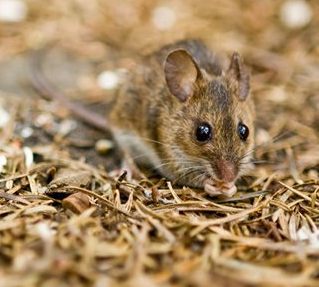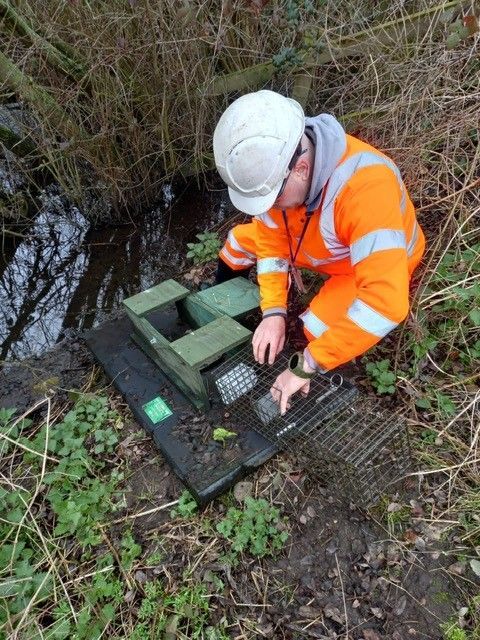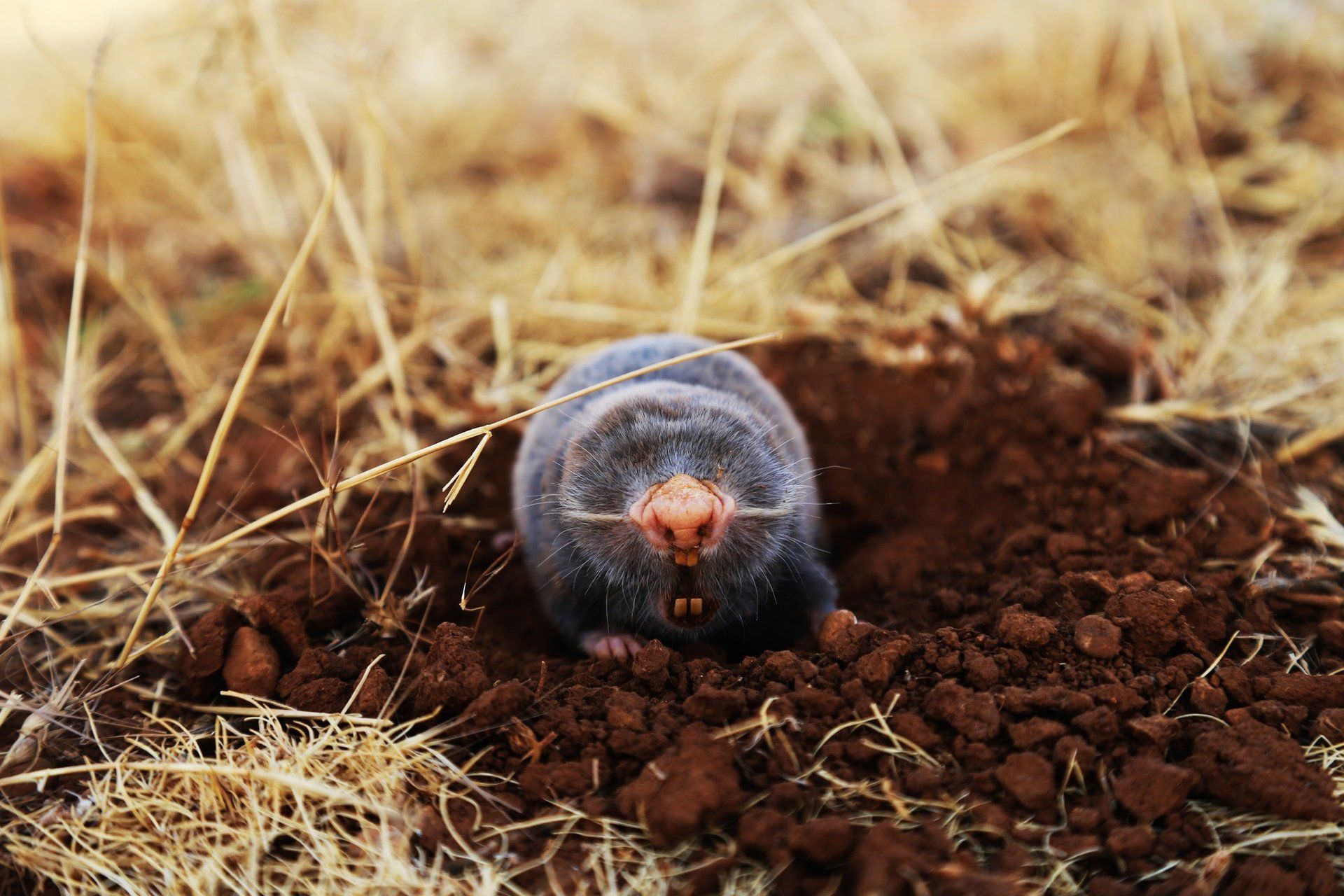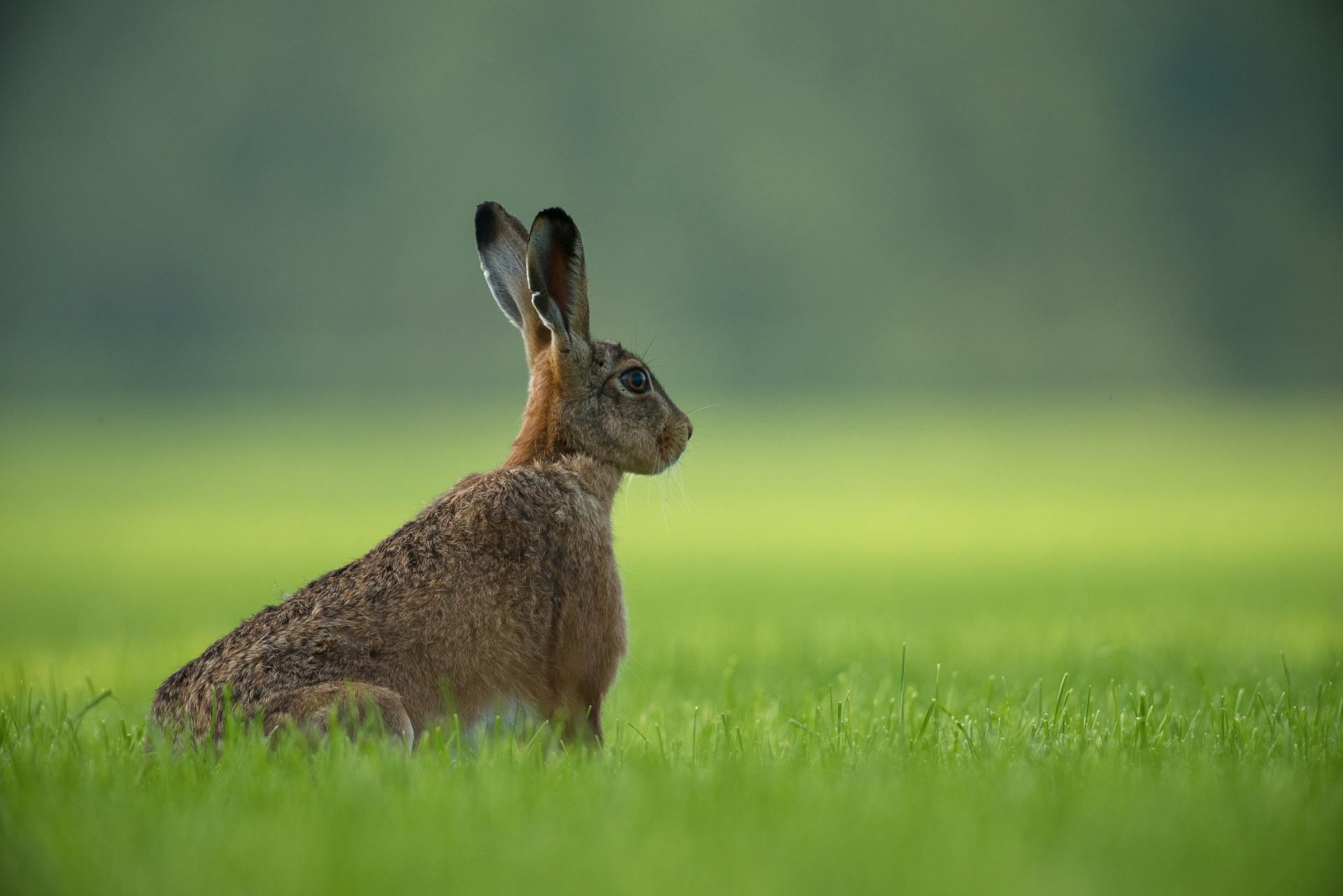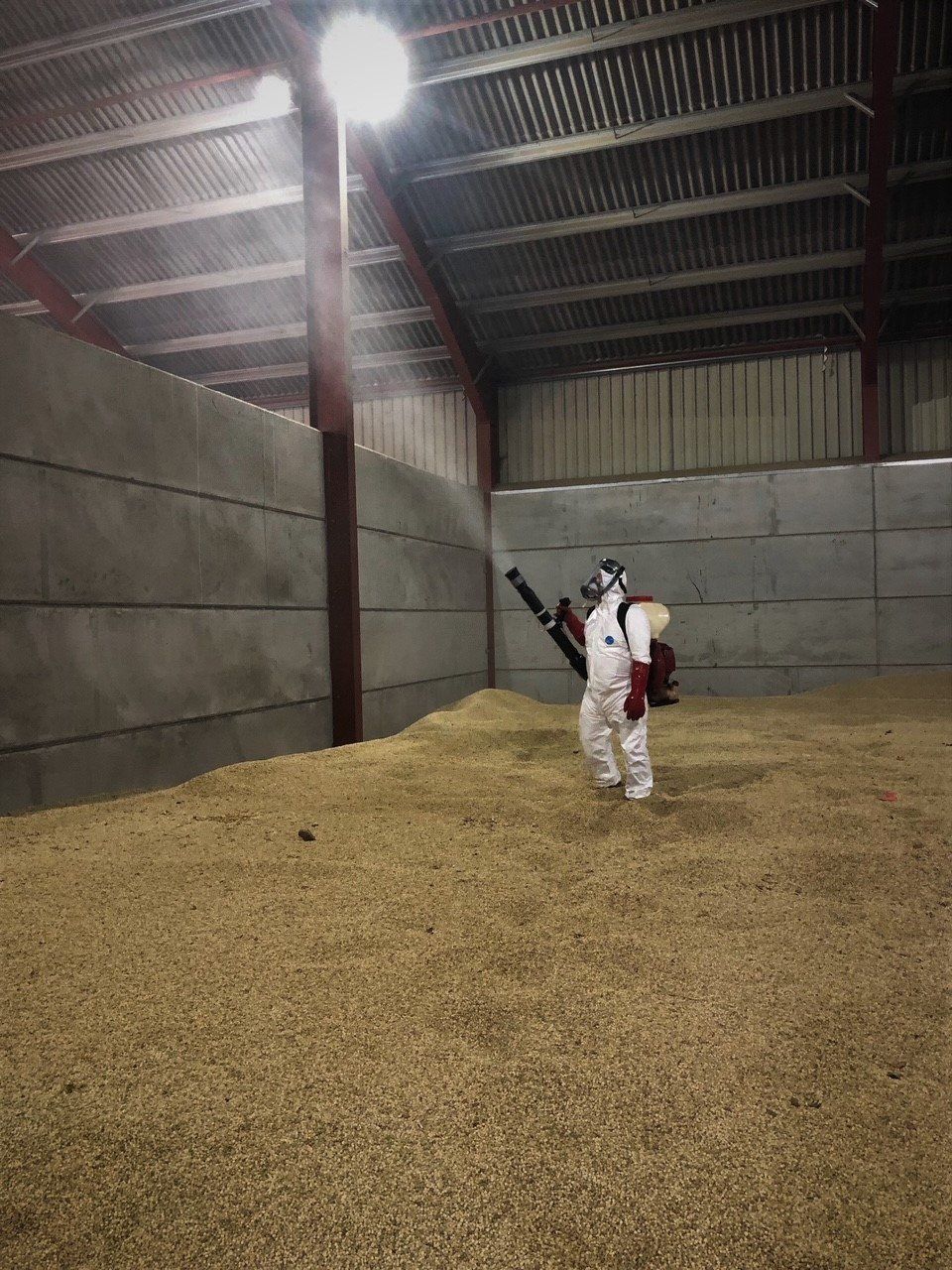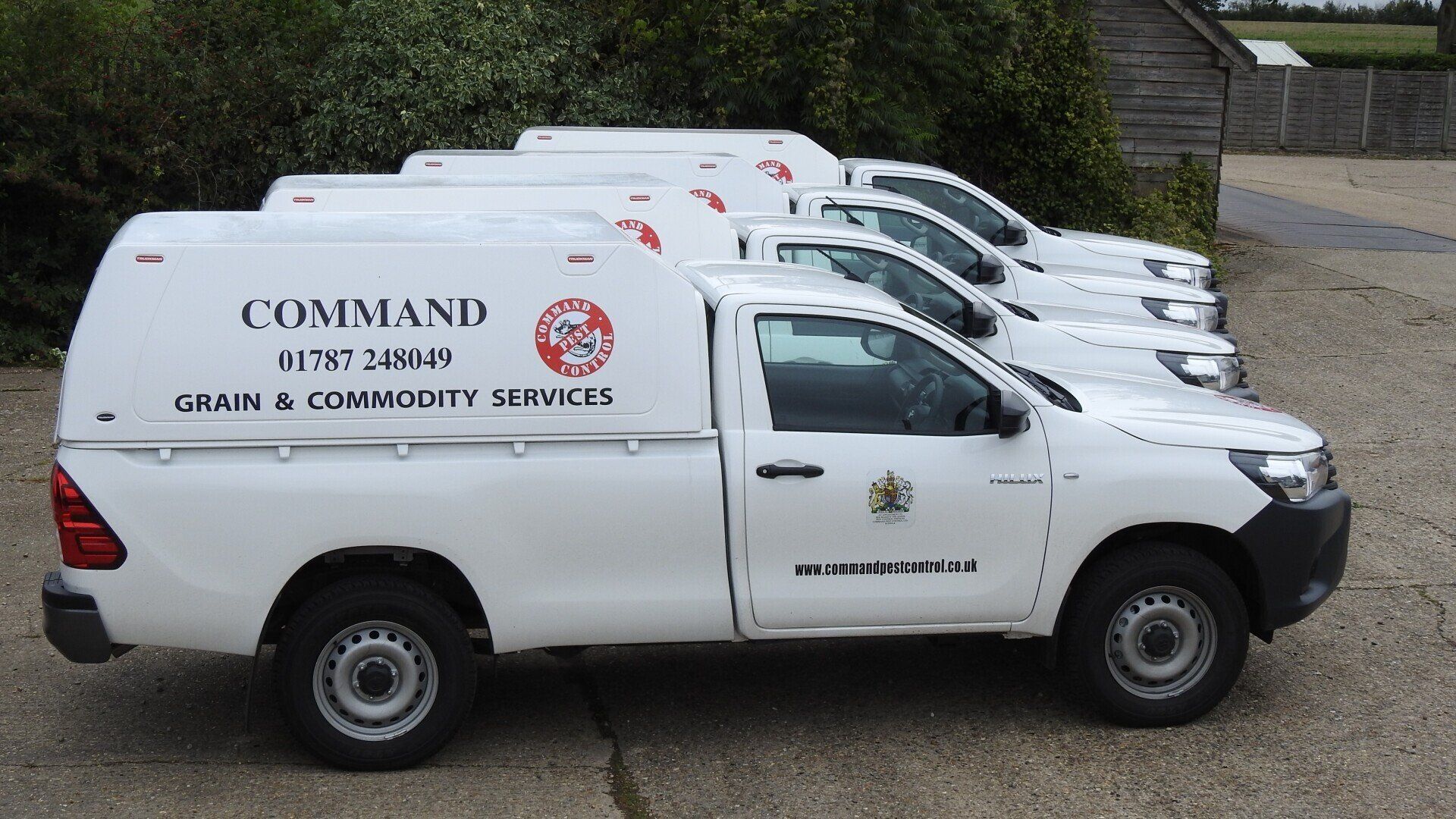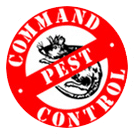How to Prevent Wasps from Building Nests on Your Property?
October 18, 2021
How to Prevent Wasps from Building Nests on Your Property?
After a long, cold, and harsh UK winter, wasps leave hibernation around early to mid-April in search of a suitable home. Due to their social nature – wasps are bound to the colony with a queen at its centre. To protect the queen, the workers begin construction of a hive, which can be commonly found around commercial and domestic properties, warm roof spaces, sheltered patios, dark wall cavities, as well as soil and trees. With easy access to these types of places, a colony of wasps will be attracted to your property and build up a nest in little to no time.
To protect your property, your family, and your employees from future wasp nests, there are a few preventive measures you should consider.
Seal Entry Points and Patch Up Gaps:
When it comes to wasp nest building – they tend to focus on existing wooden structures to use as a support. By using regurgitated wood fibres, wasps can “paste” their nest vertically on ceilings, awnings, and corners of a roof. To prevent nest building – it's recommended to try and seal and block off any potential gaps that may be practical options to any scouting wasp. You can do this by using screens around your chimney or venting, as well as caulking up existing gaps in your siding or structure.
Cover Access to Your Decks, Porches, or Sheds:
In an effort to remain safe from the elements and other predators, wasps will keep their nests inaccessible at all costs. To keep protected – they focus on warm, covered, and dark places such as beneath decks, and even underneath sheds. In an effort to stop nests from forming near or underneath your patio, we recommend installing fencing to close off access to your foundation.
Clear the Clutter and Remove Food Sources:
In the spring and summer months, wasps travel upwards of 915 meters in search of food from a range of sources. Unlike honeybees, wasps don’t focus on nectar – instead, they gravitate towards bins and rubbish containers, high sugary foods and proteins. To prevent wasps from gathering and making a nest near your property, it’s important to cover any source of food, remove any unwanted rubbish, and rinse out beverage containers.
Contact Us Today to Schedule a Wasp Nest Removal Appointment
In the event you discover a wasp nest in or around your property – we recommend to not try and rid the nest yourself. While wasps tend to avoid people, they can become overly aggressive and territorial if they feel threatened which can quickly become a dangerous undertaking. Don’t expose yourself or your family to harmful store-bought chemicals, turn to the professional team at Command Pest Control Ltd for safe and effective wasp nest removal.
We have over 35 years of experience providing pest control to both commercial and domestic properties throughout Ipswich, Sudbury, Norwich, and the entire Norfolk and Suffolk counties. Enquire with us today to get started.



